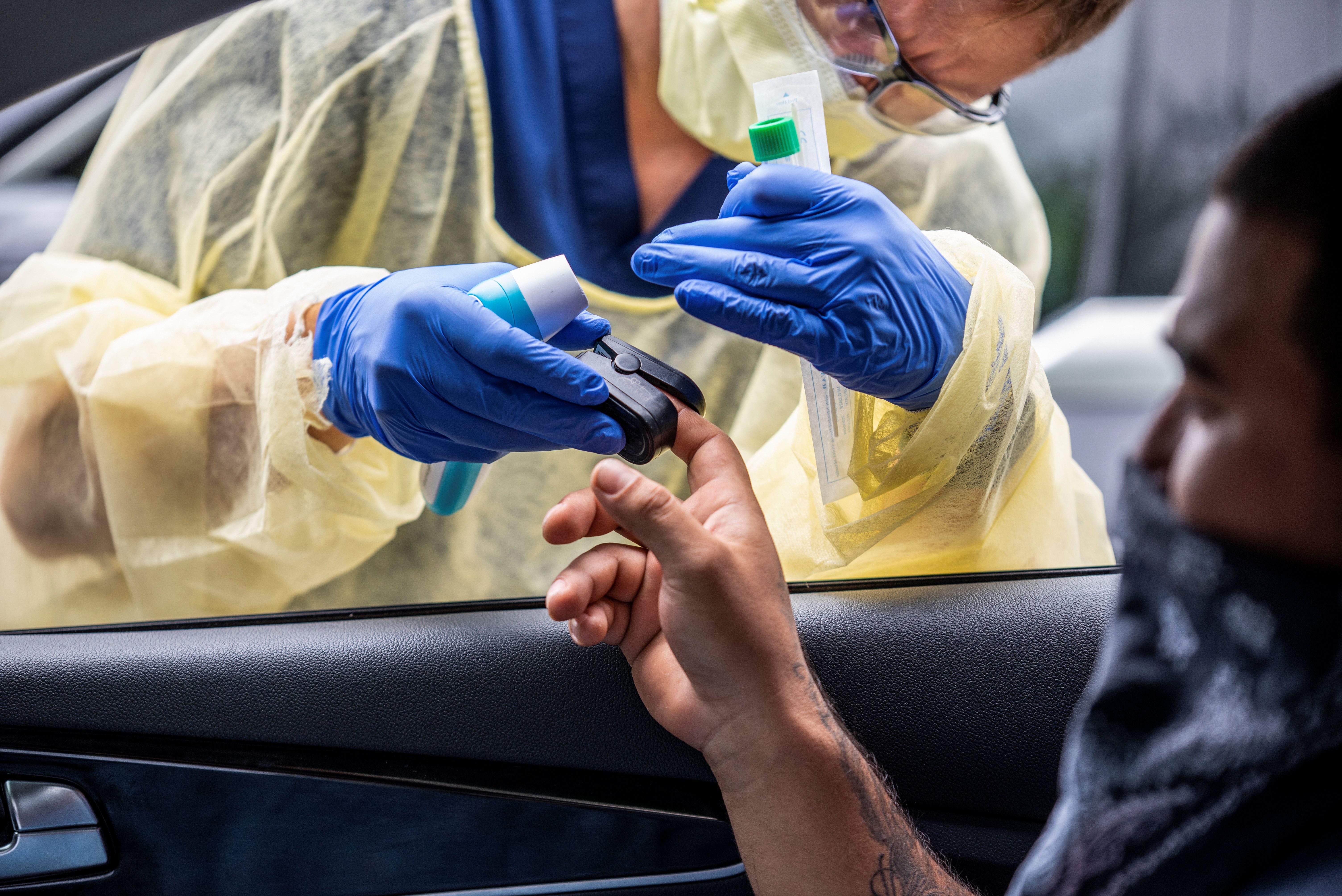News
July 01, 2020
43: Texas, now a COVID-19 epicenter in the United States, ranks forty-third in the country in coronavirus testing per 100,000 people, even though it recorded more than 8,000 new cases on Wednesday, its highest daily uptick on record. Consider that Texas is conducting around 6,300 tests per 100,000 people, compared to almost 20,000 in New York and over 12,000 in Illinois.
400: Throughout the pandemic the Trump administration has continued deporting thousands of migrants to Central America, including many who have tested positive for COVID-19. Now the Guatemalan government, which says returnees from the US have spread the virus, is saying enough is enough: it will now accept a maximum of 400 deportees a month, down from recent highs of around 1,000.
1 billion: Italian authorities intercepted 1 billion euros worth of amphetamine this week, the largest shipment ever intercepted on its coast. Authorities believe that the stash, hidden in large cylinders, was manufactured by the Islamic State in Syria, which had ceased sending cargo to Europe because of the coronavirus crisis, but has now resumed operations to fund its activities in the Middle East.
3,000: Some 3,000 people who fled violence in the Democratic Republic of the Congo over a month ago have finally been allowed to enter Uganda after a coronavirus border lockdown was lifted this week. Uganda hosts more than 1.4 million refugees, about 30 percent of whom come from the DRC.
More For You
Most Popular
With the US leading production and China driving new reactor development, Bank of America breaks down the who, what, where, when, and why behind nuclear’s return. Stay ahead of global energy trends with Bank of America Institute.
Chris, an Army veteran, started his Walmart journey over 25 years ago as an hourly associate. Today, he manages a Distribution Center and serves as a mentor, helping others navigate their own paths to success. At Walmart, associates have the opportunity to take advantage of the pathways, perks, and pay that come with the job — with or without a college degree. In fact, more than 75% of Walmart management started as hourly associates. Learn more about how over 130,000 associates were promoted into roles of greater responsibility and higher pay in FY25.
Last week, at the Munich Security Conference, a group of global technology providers, including Microsoft, announced the Trusted Tech Alliance — committed to shared, verifiable principles for trusted, transparent, and resilient technology across borders. At a moment of economic volatility and zero-sum technological competition, countries and customers are demanding greater accountability from technology providers. The Alliance addresses this by bringing together companies from across Africa, Asia, Europe, and North America around shared commitments: transparent governance, secure development practices, supply chain oversight, open digital ecosystem, and respect for the rule of law — ensuring the benefits of emerging technologies strengthen public trust while driving job creation and economic growth. Explore the Trusted Tech Alliance here.
© 2025 GZERO Media. All Rights Reserved | A Eurasia Group media company.
